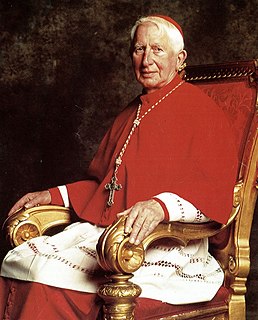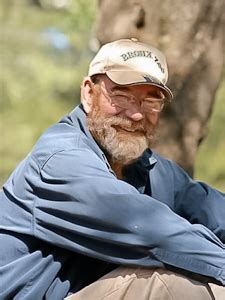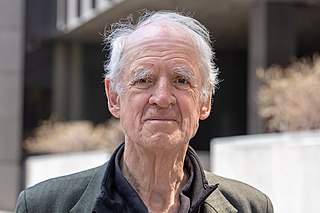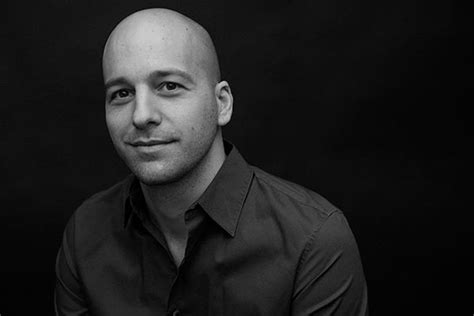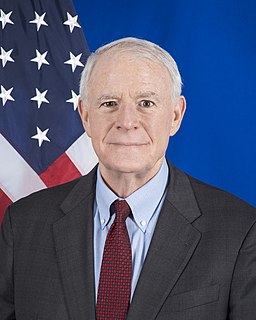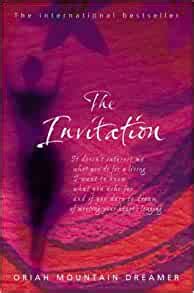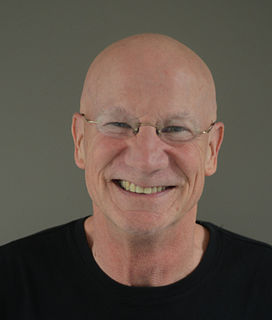A Quote by Joan Mondale
What I feel I can do is help people become aware of how pervasive and extensive the arts are, how they affect each one of us in our daily lives—what kind of [buildings] we live in, what kind of clothes we wear, what we see with our eyes. We are often blind to the beautiful things around us. What I'm mostly concerned about is how often we're blind to our own talent. I think that within each human being there is a creative spirit, and some of us have been fortunate enough to have good teachers and parents who've brought this out and encouraged it, but others haven't.
Quote Topics
About
Affect
Around
Arts
Aware
Beautiful
Beautiful Thing
Beautiful Things
Become
Been
Being
Being There
Blind
Brought
Buildings
Clothes
Concerned
Creative
Creative Spirit
Daily
Each
Each One
Encouraged
Enough
Extensive
Eyes
Feel
Fortunate
Good
Good Teacher
Good Teachers
Help
Help People
How
Human
Human Being
Kind
Live
Lives
Mostly
Often
Others
Our
Out
Own
Parents
People
Pervasive
See
Some
Spirit
Talent
Teachers
Things
Think
Us
Wear
Within
Related Quotes
One's condition on marijuana is always existential. One can feel the importance of each moment and how it is changing one. One feels one's being, one becomes aware of the enormous apparatus of nothingness - the hum of a hi-fi set, the emptiness of a pointless interruption, one becomes aware of the war between each of us, how the nothingness in each of us seeks to attack the being of others, how our being in turn is attacked by the nothingness in others.
I think that every educator, indeed every human being, is concerned with what is true and what is not; what experiences to cherish and which ones to avoid; and how best to relate to other human beings. We differ in how conscious we are of these questions; how reflective we are about our own stances; whether we are aware of how these human virtues are threatened by critiques (philosophical, cultural) and by technologies (chiefly the digital media). A good educator should help us all to navigate our way in this tangled web of virtues.
Being concerned about other people is especially relevant in today's world. If we consider the complex inter-connected ness of our modern lives, how we depend on others and others depend on us, our outlook will change. We’ll begin to see 'others' not as somehow distant from us, but as people we are in touch with, people close to us; we will no longer feel indifferent to them.
How we view ourselves can often determine the perspective and degree in which we see others and the world around us. Each and every one of us has a view. Such a view, that it can shape the future of others and how they live, dream and look towards the future that we all hope is better and more fruitful than our past. This I believe is a common initiative.
Why do we so mindlessly abuse our planet, our only home? The answer to that lies in each of us. Therefore, we will strive to bring about understanding that we are--each one of us--responsible for more than just ourselves, our family, our football team, our country, or our own kind; that there is more to life than just these things. That each one of us must also bring the natural world back into its proper place in our lives, and realize that doing so is not some lofty ideal but a vital part of our personal survival.
The relationships we have with our doctors are often the most trusted relationships of our lives. Our doctors tell us hard truths that others will not. We often tell our doctors what we will not tell others. We trust our doctors to give us the good, the bad and the ugly about our health so that each of us can make an informed decision.
We define our identity always in dialogue with, sometimes in struggle against, the things our significant others want to see in us. Even after we outgrow some of these others—our parents, for instance—and they disappear from our lives, the conversation with them continues within us as long as we live.
I think that's actually what draws me to family stories: the various roles we each play with each member of our families, and how different they can be from who we are with our friends and partners and lovers. I'm endlessly fascinated by how we navigate these family dynamics; they are the dramas each of us live out day after day, often in ways we don't even realize.
As we live our human lives, let us be like the water. Let us be conscious of the flow. Let us not forget the great ground of being that draws us on through life. Let us live in a knowing hope, aware that all being is in transition, that all movement is back to the source. Let us treat those around us as reminders of our illusionary individuality. We know that they are us and we are them connected in ways we cannot fathom. Let us grow in compassion for all beings, for they share our journey.
We will be whatever they need us to be. Call us emo's, liars, and cheaters...tell people how awful we are and how little talent we have...do whatever it takes to make themselves feel better because at the end of the day, we are strong, we can take it. We don't need their approval to justify our lives. Each and every one of us has a fire that burns inside us and they can try like hell to put out that flame but as long as in our minds we know who we are meant? to be, they don't stand a chance.
Within each of us there is the heart of a lion, the courage to simply be who & what we are regardless of others opinions or our own fears. Sometimes this courage has been buried beneath years of shaming that may have been so implicit or insidious that we breathed it in, unaware of how it separated us from knowing our own beauty of being. May we each know our own beauty & right to be today. May we drop down into the heart of the lion within & say to shame, when it rears it's head, "Not today!"
How often do we tell our own life story? How often do we adjust, embellish, make sly cuts? And the longer life goes on, the fewer are those around to challenge our account, to remind us that our life is not our life, merely the story we have told about our life. Told to others, but — mainly — to ourselves.
We talk about social service, service to the people, service to humanity, service to others who are far away, helping to bring peace to the world - but often we forget that it is the very people around us that we must live for first of all. If you cannot serve your wife or husband or child or parent - how are you going to serve society? If you cannot make your own child happy, how do you expect to be able to make anyone else happy? If all our friends in the peace movement or of service communities of any kind do not love and help each other, whom can we love and help?
Encourage others each and every day-nothing's more important than our words. Did you know that, on average, each of us speaks about twenty-five thousand words daily? My last book didn't have that many words. A lot of language is flowing out of our mouths every day and having an impact on those around us. But how much of that flow is fulfilling God's intended purpose for our speech? How much of it reflects pride, rather than a gospel-motivated humility?


